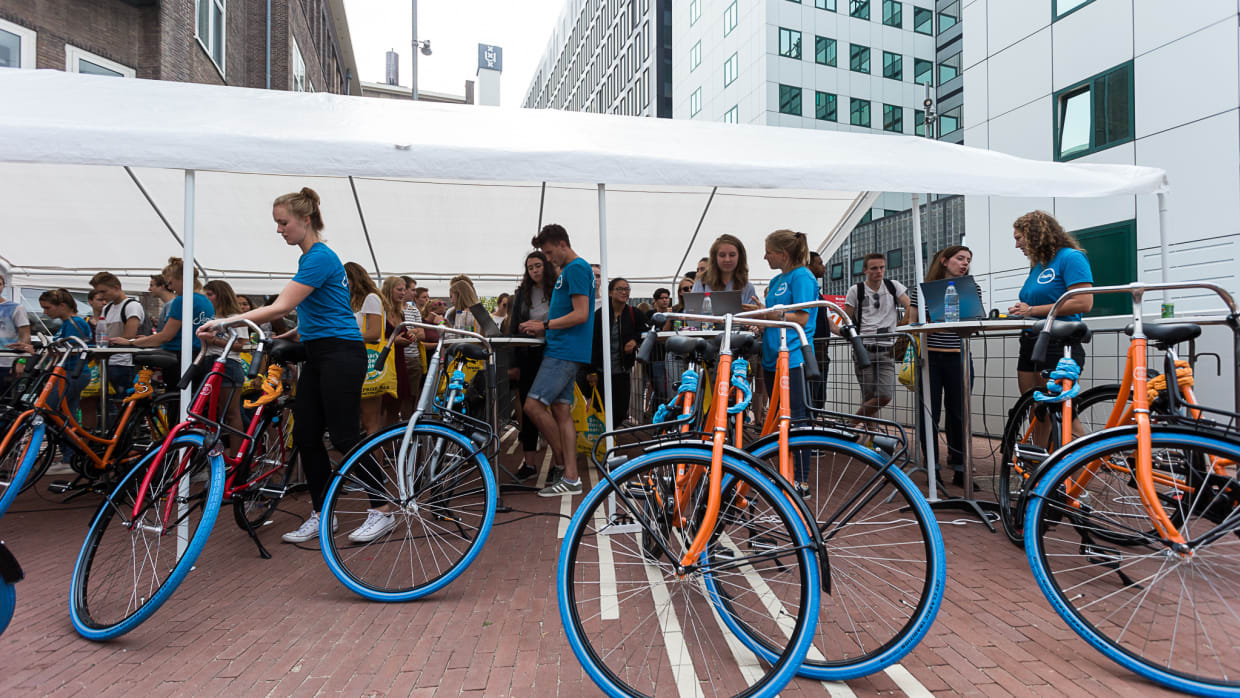Cloud transition leads to widening skills gap
More than two thousand companies have already made the transition to ERP in the cloud with the help of RISE with SAP. In SAP’s view, these companies can focus completely on their business. “But the transition is also creating a major shortage of the right skills,” says Paul Cooper, chairman of the UK & Ireland SAP User Group (UKISUG).
RISE with SAP was the central theme during SAP Sapphire that took place in mid-May in the World Forum in The Hague. This was also the case during an interview we had between the sessions with, among others, the representatives of the SAP user groups from the Netherlands, France, the UK and Ireland.
SAP introduced an entirely new proposition in early 2021 with RISE with SAP. This ‘Business Transformation as a Service’ package should make the journey to ERP in the public cloud as easy as possible. “It’s all about us running SAP S/4HANA in the cloud, so the customer can focus on their business,” said Simon Carpenter, responsible for ‘SAP Programs and Demand’ at SAP EMEA North.
Grey area
This focus on the business does have consequences for the role played by IT departments, emphasises Cooper. “The days when IT could retreat to an island for endless discussions about a tool are really over. IT departments have to connect with users much more than before and focus on the results of a business transformation.
“There is no longer a hard line between IT and the business,” confirms Coby Hendriks, board member of the Vereniging Nederlandstalige SAP Gebruikers (VNSG). “Rather, a grey area is emerging, in which there is more emphasis on involving the various business units in IT decision-making.” Cooper: “It is also the employees of those business units who have to make decisions about how systems will work.”
According to Francois Erignoux, board member of the French SAP users’ association Utilisateurs SAP Francophones (USF), this also requires something of the users. According to him, a different mindset is needed. “You create new opportunities in the cloud, but if you don’t have the right mindset then you don’t see those new opportunities. If you explain to finance that they can take stock every day, they are often very surprised.”
Demographic gap
New skills are needed in the ‘grey area’ where IT and business meet, stresses Simon Carpenter of SAP. “We help companies digitise and modernise by doing more and more for them. This means that IT departments will have a different role, requiring different skills. For example, process modelling skills will be in high demand. IT needs to be able to simulate what a business is going to look like when you take the next step in a transformation.”
There is a major shortage of these new skills, according to Cooper, and he says that shortage is not easy to solve. This is partly due to a ‘demographic gap’. “Many SAP specialists started their careers in the 1990s and are now in their 50s or 60s. But if you go to a cloud conference, you see a much younger audience. That’s where younger people come in who have the skills that are needed now.”
“Traditional software you can program and configure the way you want and completely tailor to your needs,” Hendriks continues. “In the cloud, you have to follow the standard much more, and approach IT from a user perspective. It’s not about customising systems anymore. But the people who did the programming and configuration are still working within organisations.”
Lifelong learning
“Everyone needs to become a little more flexible, be curious about what’s coming, and invest in themselves,” Carpenter concludes. “There needs to be a culture where lifelong learning becomes the norm. Everyone needs to set aside time each week to explore new areas. That has more to do with changing the mindset than the skillset.”



